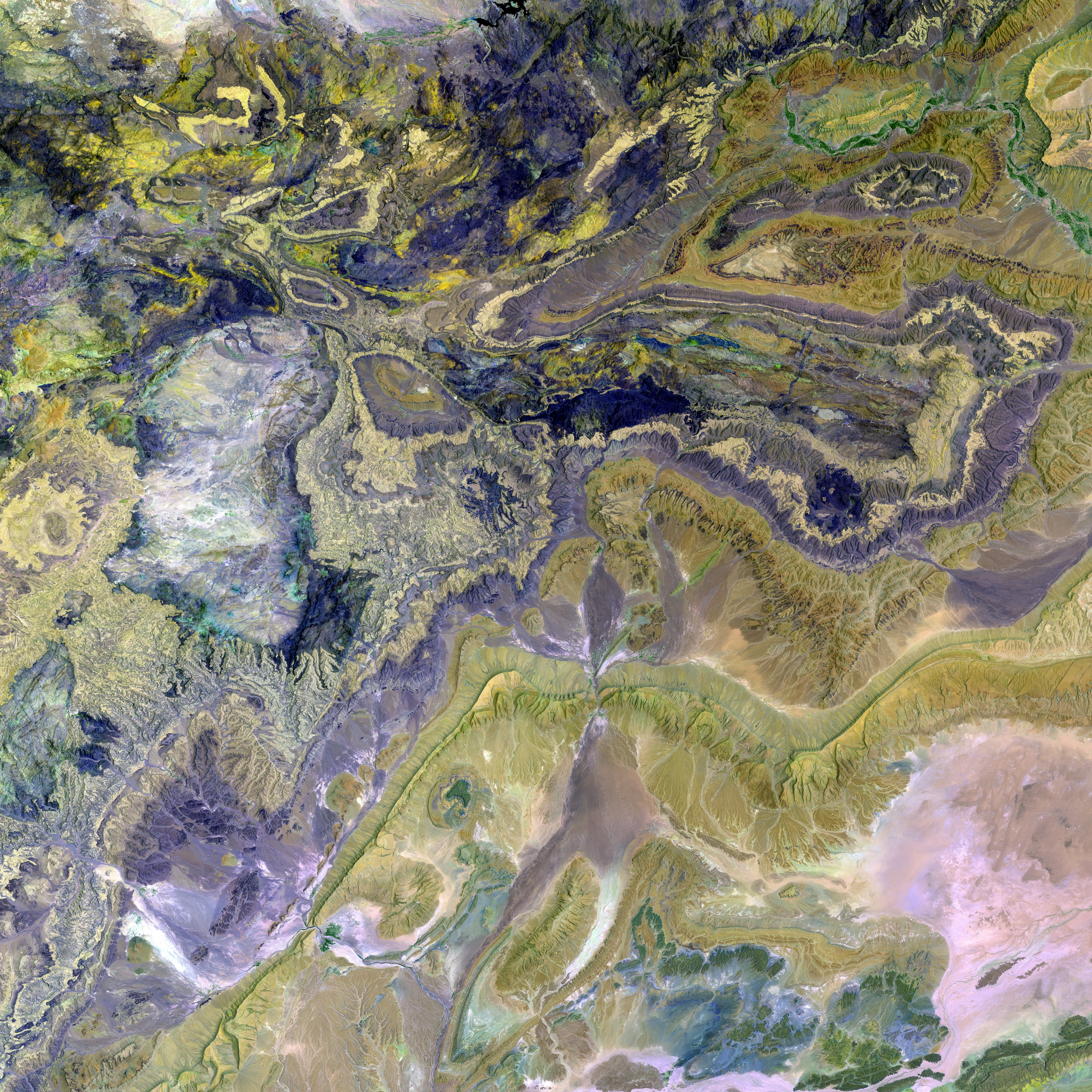International Diplomacy: Iranian and Saudi Officials Advocate Caution as India-Pakistan Tensions Escalate
Smack-down in South Asia: India-Pakistan conflict heats up
The current commotion between India and Pakistan, two nuclear-laden neighbors, has sparked global concern, especially after the bloody skirmish in Pahalgam, Indian-administered Kashmir, which resulted in the loss of 26 lives. This brutal event marked the spiraling hostilities between the two nations.
Recently, India executed aerial strikes in Pakistan and Pakistan-administered Kashmir, prompting Pakistan to allegedly retaliate, shooting down five Indian jets. The animosity between the nations, however, shows no signs of subsiding, with both armies exchanging gunfire and shelling along their Kashmir frontier.
Kashmir, a predominantly Muslim region coveted by both India and Pakistan, has been marred by violence ever since a violent anti-Indian insurgency erupted in 1989. The region has been the battleground for tens of thousands of casualties, though it's worth mentioning that, in recent years, the level of violence has decreased.
In the recent escalation, on May 7, 2025, India carried out a significant missile strike into Pakistan-controlled territory, causing fatalities and injuries[1]. Pakistan's Prime Minister Shehbaz Sharif deemed the attack an "act of war" and vowed a strong response. Pakistan retaliated, reportedly killing between 40 to 50 Indian soldiers[1]. India, in turn, has emphasized their readiness to respond to any further hostilities from Pakistan[1].
Moreover, on May 9, Pakistan allegedly fired hundreds of Turkish-made drones targeting Indian territory, especially along the 3,200-kilometer border including Jammu and Kashmir and Gujarat[2]. India managed to intercept several of these drone incursions, but not without consequences — a drone attack in Punjab’s Ferozepur resulted in three civilian casualties, and numerous border towns experienced power outages[2]. The intense drone activity led to numerous safety measures, including the extension of NOTAMs closing airports in various cities until May 14 to avert any further aerial threats[2]. In addition, the Kartarpur Corridor, a religious corridor linking India and Pakistan, has temporarily been shut down[2].
International players have offered their reactions to the escalating tension. The United States has expressed worry and urged both nations to de-escalate as soon as possible[2]. The situation remains volatile, with Indian and Pakistani forces indicating their preparedness for further confrontation. It is crucial to keep a close eye on how these events unfold to ensure the safety and well-being of the people caught in the middle of this ongoing conflict.
Adel, a political analyst, has expressed deepening concerns over the war-and-conflicts politics in South Asia, specifically pointing towards the escalating hostilities between India and Pakistan. He says the recent missile strike by India into Pakistan-controlled territory and Pakistan's retaliation resulting in casualties is a worrying sign of a possible war-and-conflicts intensification. Furthermore, Adel highlights the allegations of Pakistan firing hundreds of Turkish-made drones targeting Indian territory, which China, a key ally of Pakistan, has remained largely silent on. This lack of response, Adel suggests, could signal a significant shift in regional politics and potentially lead to further hostilities in general-news.








